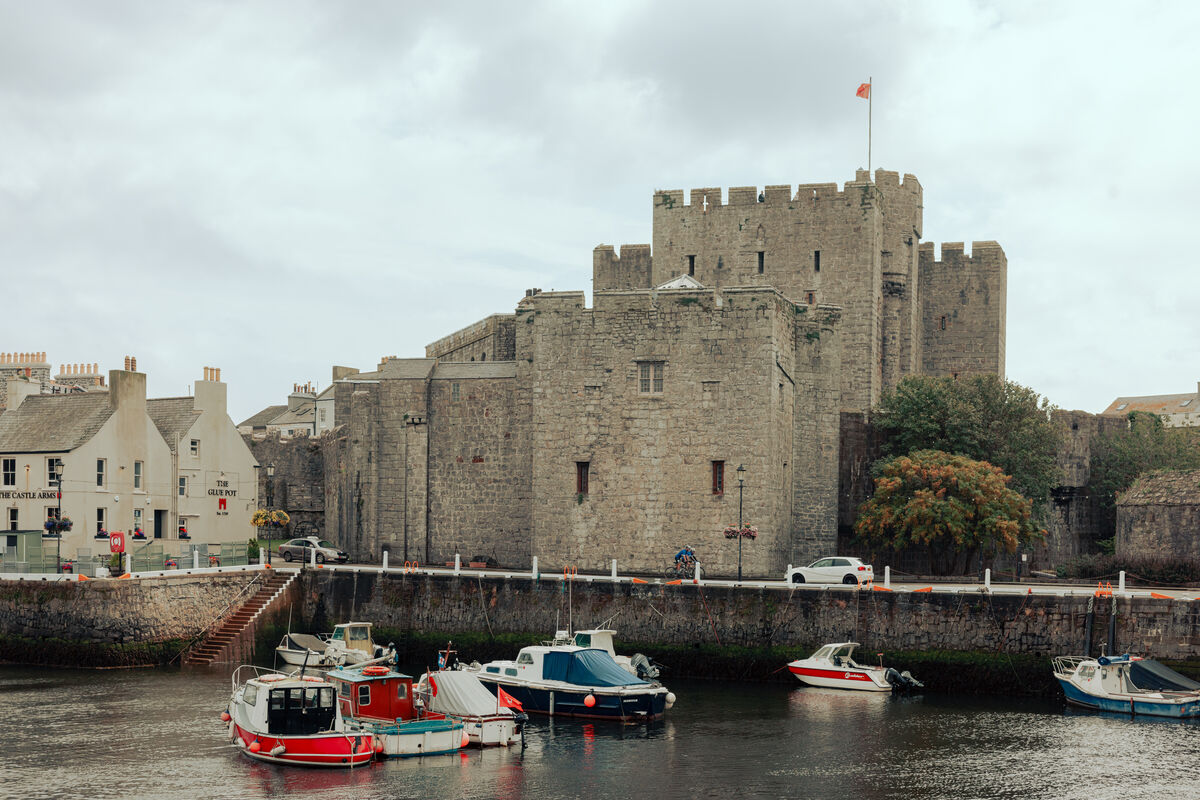Family history has moved from a minority interest to a hugely popular activity, spurred on by popular television shows such ‘Who Do You Think You Are’ and ‘Long Lost Family’. Much of the burgeoning interest is due to the amount of information now available online, whether directly from repositories or more commonly through subscription services such as Ancestry, Find My Past and many others.
Like many other parts of the British Isles, the eighteenth and nineteenth centuries saw large-scale emigration from our Island to distant parts of the British Empire. The reasons were various – lack of opportunities in agriculture, declining traditional industries, economic stagnation, slow political reform, religious persecution among others, and often simply perceived opportunities in the ‘New World’.
Those who made the mostly arduous journey to the other side of the world often kept their connection with families at home, and also with fellow-emigres, leading to the establishment of overseas Manx Societies many of which survive today with members many-times removed from their adventurous ancestors. These societies arrange social events with a distinctly Manx flavour but are also welcoming to modern-day expatriates and travellers. From time to time they also organise group visits back to the Isle of Man; so this summer will see the North American Manx Association bring a sizable group to enjoy our national day on 5 July.
Tour-guides on the Island are regularly called upon to work with visitors with Manx ancestry. Some of these visitors have spent years researching their family history and have a wish-list of places to visit, others know little more than a sketchy family legend of Manx origin. For those in the latter category there is a wealth of sources to help flesh out the picture.
.jpg)
Let’s start with parish registers; stretching back in some cases over 400 years they record the ‘hatched, matched, dispatched’ (baptisms, marriages and burials) of those living in the Island’s seventeen ancient parishes. Then we have census returns, a snapshot every ten years since 1841 containing often detailed information about those living in every insular household. These records will be familiar to genealogists researching UK families, but there are records more particular to the Isle of Man; our manorial rolls are a good example. Stretching back from the early years of the twentieth century to 1511, these lists of revenues paid to the Lords of Man give a fascinating insight into the devolution of landholdings, with farms often remaining in the same family for multiple generations. Until fairly recently examining these records called for a visit to the reading room at the Manx Museum in Douglas, but the internet has made much of this material available online, notably through the depositories of the Mormon Church in Salt Lake City and Manx National Heritage’s own excellent i-museum.
Then there is darker history; detailed records of those incarcerated in Castle Rushen, the Island’s ancient gaol, or those forcibly transported to the plantations of the West Indies or to Australia, as well as those who paid the ultimate price for what we would regard as relatively minor transgressions such as sheep-stealing. The library also houses historic archives of deeds and wills and manuscript collections including an extensive folk-life survey and log-books for our schools from the nineteenth century.

A word of advice – do not leave it until your visit to start your research! Your time on the Isle of Man is precious, so do your homework in advance or contact one of our local researchers who will be happy to help. With enough information it should then be possible to build an itinerary around the places your ancestors lived and worked, worshipped or simply passed their time. Parish burial grounds are a popular visit, with detailed lists of burials and monuments in each made available by the excellent Isle of Man Family History Society. And if your family is associated with a farm or other property, particularly in the countryside, with advance notice those living there today will often be happy to welcome you to their home and share its history with you – the Manx have always been famed for their hospitality!
Chris Callow is a registered blue-badge guide, proprietor of Island Heritage Tours and The Manx House Detective, and on the list of researchers maintained by the Manx National Heritage Library.
E: islandheritagetours@gmail.com T. +44 7624 435528
Find out more information about Island Heritage Tours here.






Comments
Comments are disabled for this post.